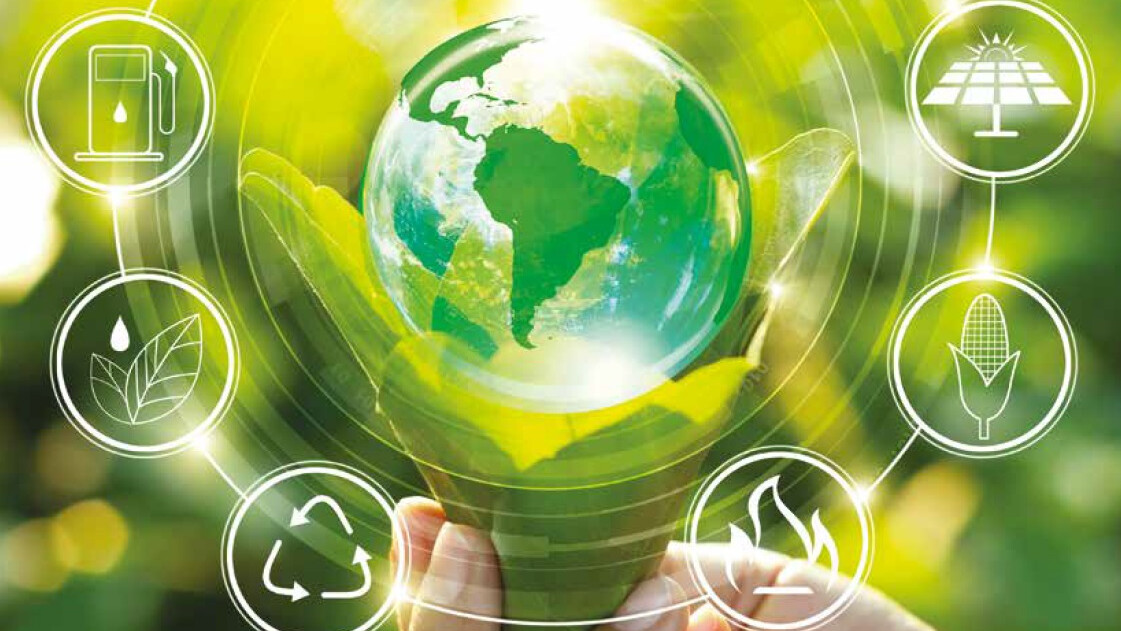Will this be Latin America's green decade?
The 1980s were Latin America’s ‘lost decade’, while 2003 to 2012 is often described as the region’s ‘golden decade’. Now the rise of ESG investing, coupled with Latin America’s incredible natural endowment means the region could be entering the ‘green decade’...

The 1980s were Latin America’s ‘lost decade’, while 2003 to 2012 is often described as the region’s ‘golden decade’. Now the rise of ESG investing, coupled with Latin America’s incredible natural endowment means the region could be entering the ‘green decade’.
Themes like biodiversity and the environment have become politically-controversial in the region. For example, at Davos, Colombia’s socialist president, Gustavo Petro, asked if capitalism could fix the problem that it caused. It is a fair question but given that no elected leader is willing to campaign on a platform of reducing living standards, a capitalist solution to climate change is probably the only option in the short-term.
Misguided remedies?
Petro’s solution is to stop awarding oil and gas exploration concessions. Yet restricting access to Colombia’s relatively cheap and clean (it emits less CO2 per barrel produce than UK offshore oil for example) oil and gas may be a mistake. Ironically one of few successes of his much-maligned right-wing predecessor, Ivan Duque, was to create a renewable energy auction system that succeeded in attracting the international capital needed to build solar and wind power in Colombia.
Chile’s left-wing government has also made protecting the environment a priority. However, if its increased taxes and planning permissions restrict mining investment then the net result will be that humanity has less of the copper it needs for the energy transition.
Political split
The most significant political impact on the environment is the election of Luiz Inácio Lula da Silva in Brazil. Lula has promised to protect his country’s chunk of the Amazon rainforest, which is the largest in South America. Early signs - from the EU trade deal to mooted green bonds - suggest Brazil could reap economic benefits from doing so.
That’s not to say that socialist governments always protect the environment. Mexico’s left-wing president, Andrés Manuel López Obrador, has stymied renewable energy projects backed by private investors. While in Argentina the Peronist government is hoping that a shale gas boom might salvage both the economy and its re-election prospects.
Ecuadorian potential
One of the Latin American countries with the most to gain from the sustainable investment boom is Ecuador, which we feature in this issue’s special report. Despite being one of the region’s smaller countries, Ecuador has an outsized appeal for sustainable investors. Its unique combination of the Amazon, Andes, Galapagos Islands and Pacific Ocean makes it one of the most biodiverse places on the planet.
Meanwhile its untapped copper reserves, which some geologists believe could be the third largest in the world, are essential to the global energy transition. Finally, its rich mix of races, languages and cultures, coupled with centuries of a weak, impoverished state, mean that there are important social challenges to fix. In short, ESG investors can have more environmental and social impact in Ecuador than they will get in Europe.